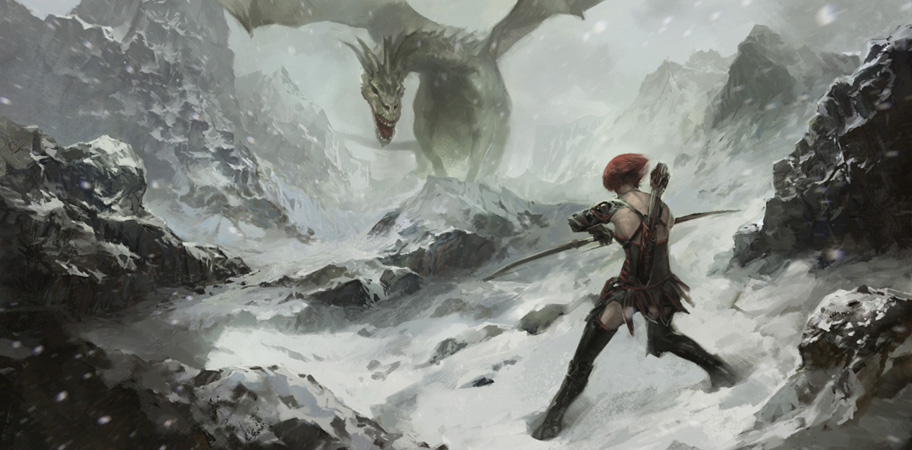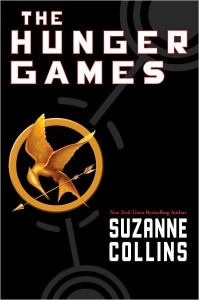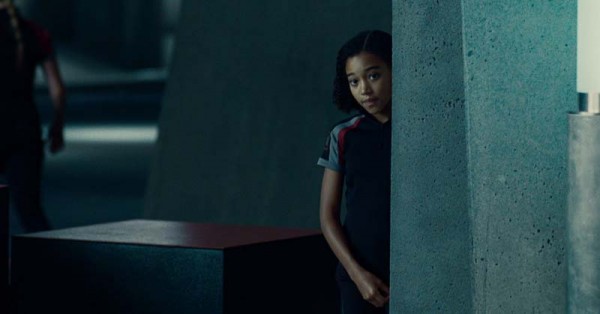They were easy to spot: each was an accidental heroine, wholly unaware of her strengths, concerned to the point of obsession with her shortcomings.
In 1996 Helen Fielding burst onto the scene with Bridget Jones’ Diary, a novel-in-journal entries featuring a hapless, slightly overweight thirty-something struggling to land a boyfriend. The book went on to sell 2 million copies and, soon after, became a blockbuster film starring Colin Firth and Renee Zellweger. Predictably, in the years that followed, we began to see the “Bridget Jones” character everywhere. They were easy to spot: each was an accidental heroine, wholly unaware of her strengths, concerned to the point of obsession with her shortcomings.
From Twilight’s admittedly problematic Bella, to Game of Thrones’ ineffectual Sansa Stark [Editor’s Note: Just keep reading/watching, Anna. ;)], women who were the recipients, not the perpetrators of action began to overwhelm our fiction. And these women, often depicted as heroes, succeeded in spite of their insecurities: after encountering a guide or a mentor, each experienced a pivotal moment that guided her inner heroine out of the shadows and into the light. Read More »



